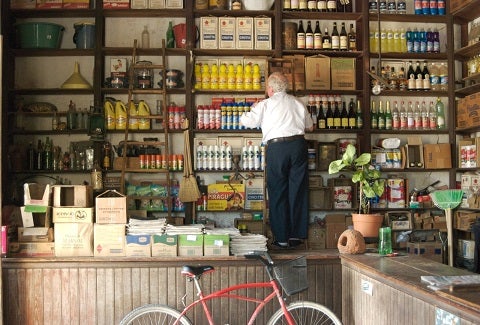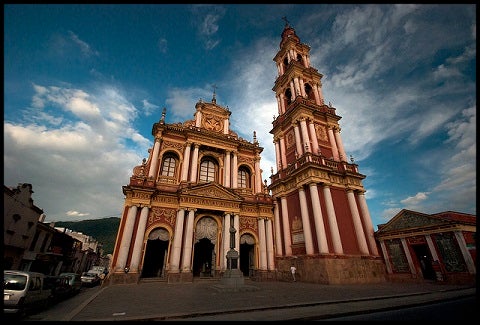During this unprecedented global health crisis, a rapid and effective government response is crucial to minimize the negative impact of COVID-19. Clearly, having a solid health system and qualified personnel in charge is key. But efficient and transparent electronic-public purchasing policies are also important. The Inter-American Development Bank (IDB) works with national … [Read more...] about Evidence-based purchasing in times of COVID-19: Lessons from Argentina
Argentina
Do Productive Development Policies Work for Micro, Small, and Medium Enterprises?
By Lucas Figal Garone Micro, small, and medium enterprises (MSMEs) in Argentina accounted for more than half of the gross domestic product (GDP) and three-quarters of all jobs in the second half of the 2000s. However, evidence suggests that market and coordination failures have threatened the productive potential of these firms. Among the many challenges faced by … [Read more...] about Do Productive Development Policies Work for Micro, Small, and Medium Enterprises?
How to evaluate a tourism reform without a time machine?
Endowed with rich and diverse natural and cultural resources, Argentina’s Salta Province has long been known to have tremendous but untapped tourism potential. Located at the intersection of such natural attractions as the Andean highland plateau (the Puna), the Chaco forests, and the subtropical forest in the Yungas Biosphere Reserve, Salta’s landscape is graced with … [Read more...] about How to evaluate a tourism reform without a time machine?
A homemade recipe for a completely sustainable sewage treatment process
by Gastón Gertner How to treat wastewater in an environmentally friendly and cost effective manner. This summer, I got to know Violeta Reynal and Ezequiel Bella in Villa La Angostura, on the shores of Nahuel Huapí Lake in Argentina. Thirty-something, married, and fed up with the chaos of Buenos Aires, they decided on a change of lifestyle after a year of … [Read more...] about A homemade recipe for a completely sustainable sewage treatment process
The mission
When the movie The Mission came out 28 years ago it was trashed by some critics: “Mr. Irons looks saintly and speaks in the cultivated English of the West End theater. Mr. De Niro’s [….] New York accent doesn't easily fit lines like ''Leave, priest'' or ''So me you do not love''. [….] The Indians, about whom the film seems to care so much, are condescended to as mostly … [Read more...] about The mission





